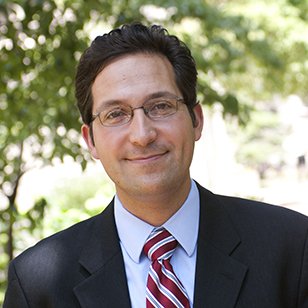With a track record of far-reaching, visionary work that promotes equity and inclusion across a spectrum of social institutions from colleges to courtrooms to corporations, two Indiana University faculty members’ work was named to the Schmidt Futures Innovation Fellowship Program. The first at IU to hold this honor, Professor Victor Quintanilla, a legal scholar in the Maurer School of Law and Professor Mary Murphy, a social psychologist in the Department of Psychological and Brain Sciences will participate in the Innovation Fellows Program which will support a project to provide greater equity and access to justice in the legal experiences of marginalized people.
The award will help the duo create the digital infrastructure for the first in a series of people-centered projects in courts focused on creating more equitable infrastructure. The work proceeds in several stages: measuring citizens’ experiences before and during their court appearances, providing judges and other legal actors with that (deidentified and disaggregated) data in dashboards, creating communities of practice to help judges and other legal actors create more equitable experiences for marginalized and unrepresented people, and fielding behavioral and psychological interventions to enhance access to justice.
Yet more valuable perhaps than the initial support is the Innovation Fellows’ mission to act as a force multiplier of ideas and support by bringing its fellows’ work into a larger community of donors, mentors, and organizational leaders than they would otherwise have access to. Part of Schmidt Futures philanthropic initiative, the Innovation Fellows Program support the work of extraordinary mid-career individuals and teams with ideas to leverage technology thoughtfully to solve important societal challenges. More than a recognition of past work, it’s an investment in Murphy and Quintanilla’s ongoing and future work, providing the means for them to greatly increase its transformative potential.
Their current project in Indiana courtrooms brings to bear the extensive framework and digital infrastructure developed over several decades and most recently deployed in Murphy’s work addressing equity and inclusion in higher education. That project – unveiled last spring in a major national presentation and referenced in a report to Congress and the U.S. Department of Education – demonstrated that 300 instructors across six U.S. universities could shift their practices to create more equity in student experiences in introductory STEM courses. In other words, teachers could effectively learn how to change the culture of their classrooms to make them more equitable, inclusive spaces by altering classroom practices, policies, and patterns of communication. As culture creators in the classroom, teachers increased students’ experiences of equity and belonging in STEM classrooms and in doing so, also improved academic outcomes.





 The College of Arts
The College of Arts